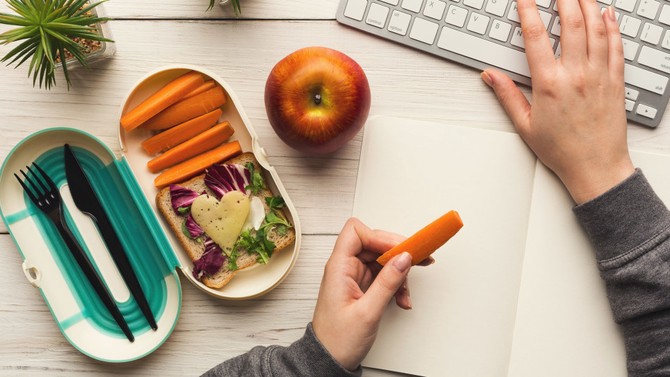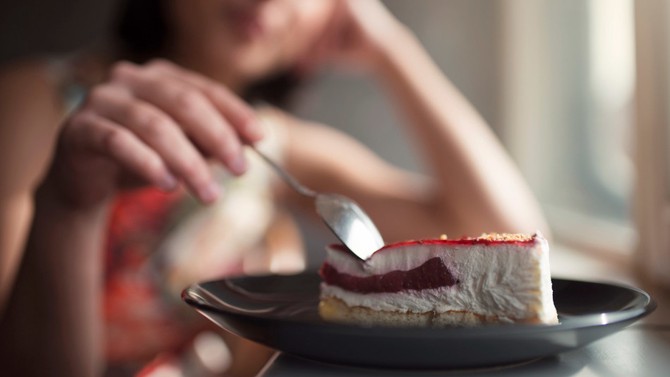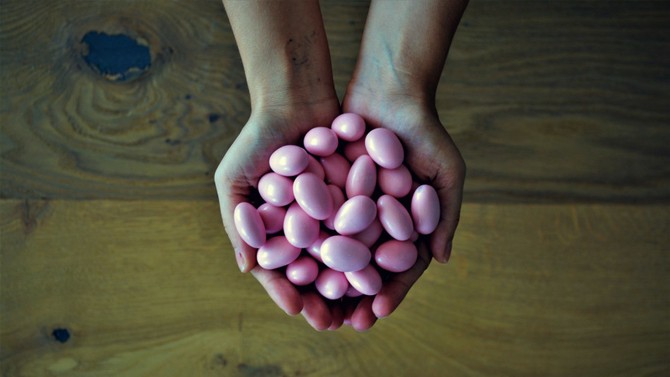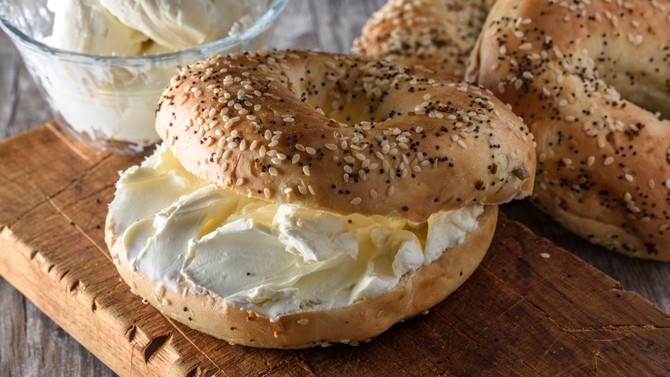How to Quit Sugar, Based on Your Personality
A high-sugar diet has been linked to heart disease and obesity. So when it comes to cutting back or giving it up, stack the odds in your favor with a plan uniquely targeted to you.
By Jessica Migala

Photo: iStock
You're impulsive.
Letting external factors drive your eating choices happens to many of us—even doctors. For wellness and life coach Susan Biali Haas, MD, she noticed that she would often crave carrot cake even when she wasn't hungry. Once she paused to examine why she wanted the sweet treat, she realized that buying a slice was more of a reflex in response to stress—and recognizing that was key in helping her break the stress-sugar connection. When you get the urge to dig into a sleeve of cookies, your first step should be to stop. Then, ask yourself why do I want this?: Is sadness, boredom or procrastination prompting you to dig in? "Get curious about your sugar cravings and try to understand where they're coming from and what it's trying to solve," she says. Awareness that the urge does not come from hunger can help you plan better ways to deal with the craving. Have a few coping strategies at the ready, like know who you can call (or text) when you need to vent or have a journal easily accessible to express yourself.

Photo: iStock
You're a planner.
Giving up sugar can be a tall order, as it can masquerade under more than 60 names, from the obvious (caramel, brown sugar) to the sneaky (dextran, sorghum). Figuring out what you can and cannot eat is tough, especially if you're on the go, says Eve Schaub, author of Year of No Sugar. That's where tapping into your planner nature comes in. Schaub recommends carrying around snacks that you can dig into as soon as hunger hits. "I'm the type of person where once I get hungry, all my willpower goes out the window. Planning has been my secret to success," she says. Bring no-sugar snacks with you, like fruit-nut bars (Schaub's go-to is Larabar), clementines or bananas, pre-peeled hardboiled eggs or a cheese stick.

Photo: iStock
You tend to give up when times get tough.
Quitting sugar doesn't actually mean you have to ditch it forever—especially if you have a sweet tooth. "There is a time and place for it. I recommend having an 'intentional indulgence'," says Brooke Alpert, RD, author of The Diet Detox. Once a week, plan to have something you truly love (a small cupcake, a scoop of ice cream) guilt-free. These planned splurges can actually help you eat less sugar overall. When you feel guilty, you often think you "ruined the day" and give up your healthy eating plan all together, which can mean digging into cookies or candy. (And then promising yourself that you'll start over again next week.) Research also shows that restricting yourself boosts cravings for off-limits foods, like chocolate, and can also make you feel guilty—and may actually prevent you from losing weight.

Photo: iStock
You have an all-or-nothing attitude.
If you eat a few M&Ms, do you want the whole bag? If you keep ice cream bars in your freezer, are they too hard to resist? If it's easier to keep treats out of your house than in, you may be an all-or-nothing person when it comes to sugar. So while it's smart to clear your kitchen of the stuff, you may have to take it a step further. In the initial period, you may also have to give up fruit too, says Alpert. "The sweetness in fruit can trigger a binge in some people," she says. "Until the sugar addiction is under control and intense sugar cravings have subsided, you have to be stricter with any foods that contain added or natural sugar," she says. It's also important to get family members on board with the challenge, since having treats around for them can set you up for failure, notes Biali Haas.

Photo: iStock
You're more of a savory person.
Not only does sugar hide in unexpected places (salad dressings, sauces, frozen dinners), but it's also in a concentrated amount in some carb-heavy fare, like bagels and pizza. That means you can be a sugar fanatic and not even know it. "French fries and pizza are still sugar cravings, but in savory forms," says Alpert. Why? "They're broken down and absorbed quickly, causing a blood sugar spike and crash. Anything that causes those highs and lows is feeding your addiction," says Alpert. Get these simple forms of carbs out of your diet. For success, you have to practice simple awareness. Know that refined carbs (pasta, crackers, white bread), as well as French fries are actually sugar; if you're craving high carb foods (waffles, pancakes) for breakfast, that's another sign that you might have a sugar habit. Recognizing it and then limiting these foods is the only way to break your addiction.
Published 03/20/2018

